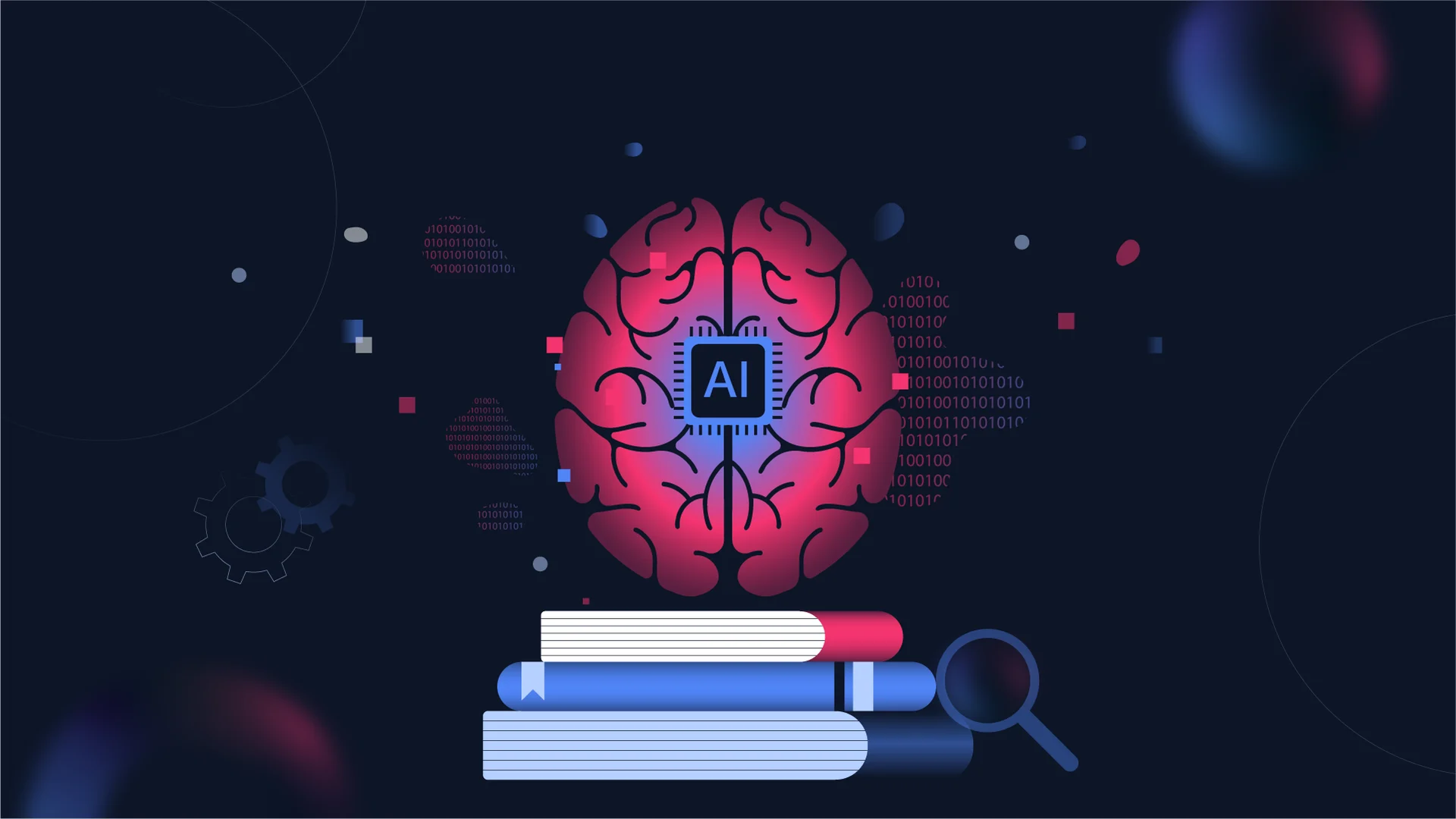Transforming Learning: The Role of Artificial Intelligence in Education
Artificial Intelligence (AI) is revolutionizing the field of education, redefining traditional learning methods, and providing innovative tools to enhance student experiences. AI in education is no longer a futuristic concept; it has become an essential component in classrooms, online learning platforms, and administrative systems. By leveraging machine learning algorithms, natural language processing, and data analytics, AI helps educators deliver personalized learning experiences, address individual student needs, and optimize teaching strategies.
Source - https://www.marketresearchfuture.com/reports/artificial-intelligence-education-market-6365
One of the most significant impacts of AI in education is personalized learning. Traditional classrooms often struggle to cater to the unique learning pace and style of each student. AI-powered platforms analyze student performance, track progress, and recommend customized content, enabling learners to focus on areas where they need improvement. Intelligent tutoring systems provide real-time feedback, offer practice exercises, and adapt lessons according to each student’s comprehension level, fostering more effective learning outcomes.
AI also plays a crucial role in automating administrative tasks, allowing educators to dedicate more time to teaching. Grading assignments, evaluating assessments, and managing schedules are time-consuming responsibilities that AI can handle efficiently. Automation reduces human error, ensures consistent evaluation, and frees teachers to engage more deeply with students. Additionally, AI-driven chatbots can assist students in answering common questions, guiding them through coursework, and providing support outside regular classroom hours.
Moreover, AI in education enhances accessibility and inclusivity. Tools such as speech recognition, translation services, and adaptive learning platforms make education more accessible for students with disabilities or those from diverse linguistic backgrounds. Virtual reality (VR) and augmented reality (AR) applications powered by AI provide immersive learning experiences, allowing students to explore complex concepts and environments in a highly interactive manner. This technology bridges the gap between theoretical knowledge and practical application, fostering deeper understanding and engagement.
Another transformative aspect of AI in education is predictive analytics. By analyzing historical data and learning patterns, AI can forecast student performance, identify those at risk of falling behind, and suggest interventions to improve outcomes. Institutions can leverage these insights to implement data-driven strategies, enhance curriculum design, and improve overall academic success rates.
Despite its numerous benefits, the integration of AI in education raises concerns about privacy, data security, and ethical use. Ensuring the responsible deployment of AI tools, maintaining transparency, and protecting sensitive student information are critical to fostering trust and maximizing the technology’s potential.
Artificial Intelligence is reshaping education by providing personalized learning, improving administrative efficiency, enhancing accessibility, and enabling predictive insights. As AI continues to evolve, its role in education will expand, creating more dynamic, inclusive, and effective learning environments for students worldwide. Embracing AI thoughtfully can pave the way for a future where education is more tailored, engaging, and impactful than ever before.
Artificial Intelligence (AI) is revolutionizing the field of education, redefining traditional learning methods, and providing innovative tools to enhance student experiences. AI in education is no longer a futuristic concept; it has become an essential component in classrooms, online learning platforms, and administrative systems. By leveraging machine learning algorithms, natural language processing, and data analytics, AI helps educators deliver personalized learning experiences, address individual student needs, and optimize teaching strategies.
Source - https://www.marketresearchfuture.com/reports/artificial-intelligence-education-market-6365
One of the most significant impacts of AI in education is personalized learning. Traditional classrooms often struggle to cater to the unique learning pace and style of each student. AI-powered platforms analyze student performance, track progress, and recommend customized content, enabling learners to focus on areas where they need improvement. Intelligent tutoring systems provide real-time feedback, offer practice exercises, and adapt lessons according to each student’s comprehension level, fostering more effective learning outcomes.
AI also plays a crucial role in automating administrative tasks, allowing educators to dedicate more time to teaching. Grading assignments, evaluating assessments, and managing schedules are time-consuming responsibilities that AI can handle efficiently. Automation reduces human error, ensures consistent evaluation, and frees teachers to engage more deeply with students. Additionally, AI-driven chatbots can assist students in answering common questions, guiding them through coursework, and providing support outside regular classroom hours.
Moreover, AI in education enhances accessibility and inclusivity. Tools such as speech recognition, translation services, and adaptive learning platforms make education more accessible for students with disabilities or those from diverse linguistic backgrounds. Virtual reality (VR) and augmented reality (AR) applications powered by AI provide immersive learning experiences, allowing students to explore complex concepts and environments in a highly interactive manner. This technology bridges the gap between theoretical knowledge and practical application, fostering deeper understanding and engagement.
Another transformative aspect of AI in education is predictive analytics. By analyzing historical data and learning patterns, AI can forecast student performance, identify those at risk of falling behind, and suggest interventions to improve outcomes. Institutions can leverage these insights to implement data-driven strategies, enhance curriculum design, and improve overall academic success rates.
Despite its numerous benefits, the integration of AI in education raises concerns about privacy, data security, and ethical use. Ensuring the responsible deployment of AI tools, maintaining transparency, and protecting sensitive student information are critical to fostering trust and maximizing the technology’s potential.
Artificial Intelligence is reshaping education by providing personalized learning, improving administrative efficiency, enhancing accessibility, and enabling predictive insights. As AI continues to evolve, its role in education will expand, creating more dynamic, inclusive, and effective learning environments for students worldwide. Embracing AI thoughtfully can pave the way for a future where education is more tailored, engaging, and impactful than ever before.
Transforming Learning: The Role of Artificial Intelligence in Education
Artificial Intelligence (AI) is revolutionizing the field of education, redefining traditional learning methods, and providing innovative tools to enhance student experiences. AI in education is no longer a futuristic concept; it has become an essential component in classrooms, online learning platforms, and administrative systems. By leveraging machine learning algorithms, natural language processing, and data analytics, AI helps educators deliver personalized learning experiences, address individual student needs, and optimize teaching strategies.
Source - https://www.marketresearchfuture.com/reports/artificial-intelligence-education-market-6365
One of the most significant impacts of AI in education is personalized learning. Traditional classrooms often struggle to cater to the unique learning pace and style of each student. AI-powered platforms analyze student performance, track progress, and recommend customized content, enabling learners to focus on areas where they need improvement. Intelligent tutoring systems provide real-time feedback, offer practice exercises, and adapt lessons according to each student’s comprehension level, fostering more effective learning outcomes.
AI also plays a crucial role in automating administrative tasks, allowing educators to dedicate more time to teaching. Grading assignments, evaluating assessments, and managing schedules are time-consuming responsibilities that AI can handle efficiently. Automation reduces human error, ensures consistent evaluation, and frees teachers to engage more deeply with students. Additionally, AI-driven chatbots can assist students in answering common questions, guiding them through coursework, and providing support outside regular classroom hours.
Moreover, AI in education enhances accessibility and inclusivity. Tools such as speech recognition, translation services, and adaptive learning platforms make education more accessible for students with disabilities or those from diverse linguistic backgrounds. Virtual reality (VR) and augmented reality (AR) applications powered by AI provide immersive learning experiences, allowing students to explore complex concepts and environments in a highly interactive manner. This technology bridges the gap between theoretical knowledge and practical application, fostering deeper understanding and engagement.
Another transformative aspect of AI in education is predictive analytics. By analyzing historical data and learning patterns, AI can forecast student performance, identify those at risk of falling behind, and suggest interventions to improve outcomes. Institutions can leverage these insights to implement data-driven strategies, enhance curriculum design, and improve overall academic success rates.
Despite its numerous benefits, the integration of AI in education raises concerns about privacy, data security, and ethical use. Ensuring the responsible deployment of AI tools, maintaining transparency, and protecting sensitive student information are critical to fostering trust and maximizing the technology’s potential.
Artificial Intelligence is reshaping education by providing personalized learning, improving administrative efficiency, enhancing accessibility, and enabling predictive insights. As AI continues to evolve, its role in education will expand, creating more dynamic, inclusive, and effective learning environments for students worldwide. Embracing AI thoughtfully can pave the way for a future where education is more tailored, engaging, and impactful than ever before.
0 Comments
0 Shares
512 Views
0 Reviews




